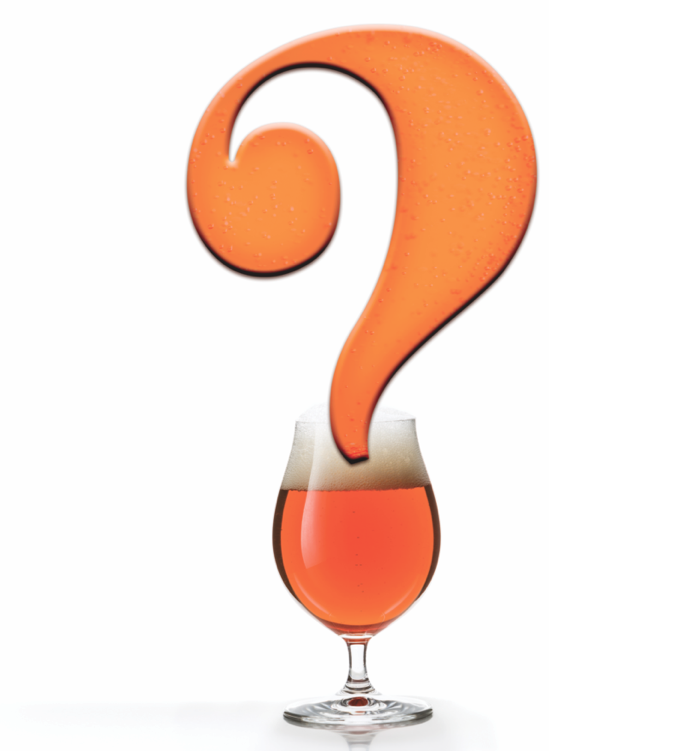Late Extract Additions, Turbo Conditioning
Q: I’ve been reading BYO recently and I’ve noticed that a lot of recipes are calling for the late addition of malt extract. Is there a benefit to this? I always thought that extract went in after the grains and before the boil, for more efficiency of the malt. My next question has to do with the fact that recently, I’ve been conditioning my newly bottled beer upstairs because it’s much too cold in the basement. I keep it next to the heater vent where the average temp is 72 ºF (22 ºC). My beer has been carbonated in about 3-4 days time, whereas in the summer it takes about 2 weeks in the basement. I know that good things come to those who wait, but am I doing my beer a disservice by this method of “turbo conditioning?”
— Neil Herrick
A: Like all techniques in brewing I suggest critically evaluating what is being done to brew beer. In the case of wort boiling the goal for all-grain brewers is to kill bacteria from malt, denature enzymes, precipitate proteins, adjust wort gravity, remove unwanted volatiles (such as DMS) and isomerize hop acids. The latter goal is actually hindered by high wort gravity.
Brewers who have small brew pots and are unable to boil the entire wort volume sometimes add dry and/or liquid malt extracts late in the boil. These partial-mash brewers boil the wort extracted from malt to do all the things that is required for wort boiling, then at the end of the boil add the remaining extract in liquid or dry form per their recipe. A short hold at high temperatures is sufficient to kill any bacteria these ingredients may carry since liquid and dry malt extracts have already been heat-treated during manufacture and do not have high bacterial loads. After the high-gravity wort has been cooled the gravity is adjusted with water.
The benefit to this method is that wort produced from grain is boiled at a normal gravity along with hops just like an all-grain, full wort volume brew and all of the requirements of boiling are met. Dry and liquid extracts do not need to be boiled because these ingredients were boiled when concentrated at the extract plant. Furthermore, boiling extracts has absolutely no affect on efficiency. So the simple answer is that this is a sound method and has no obscure pit-falls that may end up causing disappointment.
Your next question is about keeping your beer warm during conditioning. This is a real world problem for commercial breweries selling bottle-conditioned beers. As you point out, storing beer in the basement or an underground cellar reduces the air temperature to the average earth temperature of the location of the cellar. In most parts of the world the average earth temperature is about 55 ºF (13 ºC). This impairs the speed of bottle conditioning, and for many ale strains is really too cold to get much carbonation at all.
This is why bottle-conditioned beers are typically stored in warm cellars controlled to a comfortable temperature of about 75 ºF (22 ºC). This is plenty warm for the yeasties to do their work in a reasonable time frame and is not so warm that the beer starts to prematurely age because of high storage temperature. This practice is relatively common in Europe and the United States among brewers who bottle-condition their beers. Duvel in Belgium, Sierra Nevada in California and New Belgium in Colorado are three breweries I know who have warm cellars. I know that at Sierra Nevada beer is held for about a week before being released for sale.
So in the commercial world of brewing where time is money, warm conditioning reduces the number of cases that are sitting around waiting for carbonation to happen. Bean counters like to minimize this type of inventory and warm conditioning helps control inventory and the conditioning process. At home the economic drivers of inventory control are different, but why wait 2 weeks to sample your next tasty brew when you can cut down the time to 1 week? There is no reason whatsoever not to practice this method . . . I declare open season on “turbo-conditioning!”



